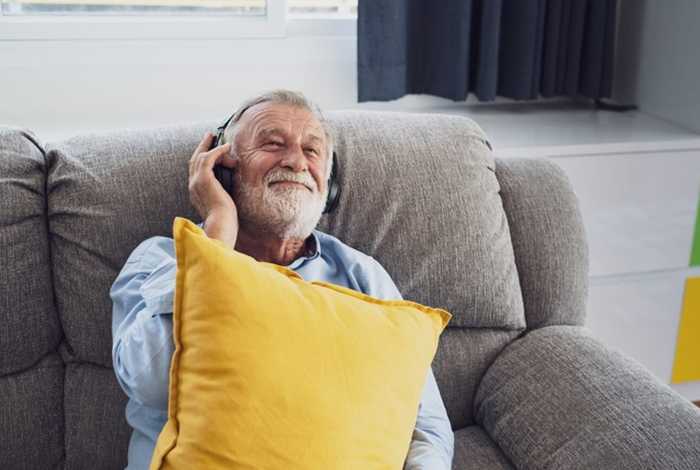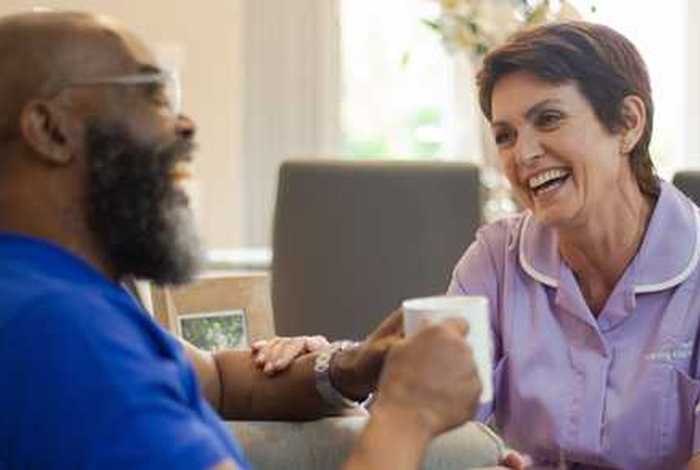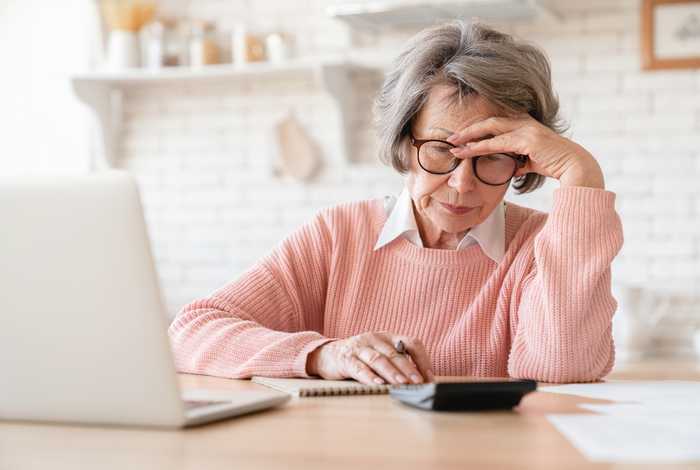Posted by Debbie Harris
Will my mum be safe in a care home during the Coronavirus pandemic?
“I don’t think my mum is safe on her own at home anymore, but with the COVID crisis, I think she might be in more danger in a care home. What should I do?”
This is actually a question we’re being asked, in one form or another, on the Autumna elder care advice line fairly regularly at the moment. There are slight variations in the actual circumstances of each case, but in general, the safety of care homes during the coronavirus pandemic is, not surprisingly becoming, a very big issue for people with elderly loved ones.

In this particular case, the circumstances were that our caller’s mother lived alone and was about 150 miles away.
She went on to tell us that her mother had had a couple of falls in the last few months. They weren’t serious falls but she felt it was only a matter of time before she had a serious one.
Her mother’s neighbours had been great during the lockdown and were dropping off food at the door. However, when she spoke to her mum on the phone, it was clear she was getting lonely, depressed and was definitely showing signs of being confused. She was apparently forgetting conversations they’d had only the day before.
The daughter’s main worry though was that her mother might fall again and because of the social distancing measures in place, it could be a long time before anybody realised – and at her age, a ‘long time’ might be too late.
With all the media stories circulating about the prevalence of COVID in care homes, and the shortage of PPE and lack of testing for carers and residents in care homes, the later life care options for her mother seemed somewhat limited at best.
She asked us at Autumna for our advice.
The first thing, obviously, was that her safety had to be the primary consideration. Would it be safer for her mum to stay at home or go into a care home, either for respite care or with a view to a more permanent place.
Could support at home be a possibility and if so might it be a better option for her mum? If she had, for example, a home care company visiting in the morning and afternoon to check on her, provide some companionship, perhaps cook a meal for her; would that be a viable option?
If so, perhaps further support in case of a fall in between home care visits, could be provided by technology in the form of a wearable life-line such as the type provided by PPP Taking Care.
Bearing in mind though that the call came into our advice line because of worries about COVID-19, the one caveat with bringing in a home care agency is that not only might their carers be contagious and asymptomatic, but the home care agency might also be reluctant themselves to take on any new clients who haven’t been tested for COVID19.
We spoke to one home care agency just this week, rated ‘Outstanding by the CQC (Care Quality Commission), who told us they were having to be so careful about who they took on as clients. Whilst testing for COVID had started to take place in care homes, the home care sector was lagging behind.
They were keen to point out that not only did they have to protect their existing clients from COVID, they also had a duty of care as employers to protect their staff.
The same might also apply for a Live-in care agency option. The potential ‘R’ number (the reproduction rate of the virus) in such a situation would likely be much lower, but wouldn’t help either party if they were asymptomatic and hadn’t been tested.
In this case, the caller’s mum did not have the size of house, or for that matter a budget, that could accommodate a live-in carer.
With both home care and live in care, the caller was still concerned about her mum’s loneliness, and what appeared to be, declining mental and physical abilities.
If it were not for COVID, the care home option would normally have been the obvious one. In normal circumstances, a care home provides the opportunity for companionship with both the carers and the other residents. If a home was chosen near the daughter, instead of 150 miles away where her mother lived, then visiting would become so much easier.
That is of course before COVID.
After COVID of course, then barrier nursing would most likely be enforced on admission, at least during a quarantine period, which would mean any friendships formed would be just between the mother and her carers. Meeting the other residents would have to wait, and any visits from the daughter would probably have to be from the other side of a pane of glass.
However, her mum would get to eat properly as the care home would cook for her. She would stay hydrated as the carers would be monitoring this aspect of her health too. She would get help with washing and dressing if necessary. The care home might be better equipped to assess any early signs of dementia. And of course, if she fell, she would have carers on hand to help her immediately.
So the benefits of going into a care home are real, and in normal circumstances, even their biggest detractors would have to admit that many elderly and frail people fare much better in a care home than they would on their own at home.
The question then is to do with COVID and how likely is it that our callers mum might contract the virus in a care home.
On the face of it the overall picture does not look good. There is talk, in the media and in Government, of an epidemic in care homes.
Testing in care homes is still sporadic. PPE supplies are often obtained from clever wheeler-dealing by the care home manager rather than by any co-ordinated effort from Government or local authorities. We’ve heard of care homes using music festival throwaway ponchos and goggles borrowed from school science labs in lieu of any proper PPE being available.
However, figures released in the last two or three days suggest that, like the rest of the country, COVID related deaths in care homes are now falling.
There have been ‘hotspots’ where the virus has taken hold, but COVID-free care homes do exist in large areas of the country and if you can find one that has successfully kept the virus at bay until now, then in all likelihood, that care home will be safer than any other option that has been discussed in this blog.
To stay free of COVID for this long, would have to point towards an organisation that has been absolutely meticulous in its safety procedures.
And safety is the key decision that has to be made. Where is mum safest?
Right now, the choice is an incredibly difficult one. We have had a number of callers to our advice line, where they – or their loved one – know that they need a care home setting now. They are desperately hanging on and delaying the decision though in the hope that the prevailing situation regarding the virus will improve.
Where people can’t hang on, then research is the key. This research can begin online at Autumna. We have over 29,000 care homes, home care and live in care providers on our website. Many let you ‘virtually’ visit with photos, videos and virtual tours. Many introduce their staff to you online and detail the facilities, the type of care they can offer, the food they serve and the activities they run.
If everything seems to fit the bill and the service looks like a good match, then people should contact the manager via the links on the profile page and get an up-to-the-minute ‘COVID’ or ‘COVID-free” assessment.
Alternatively of course, they should call Autumna on 01892 33 55 30 and our friendly staff will be able to guide and advise further.
Other articles to read
Autumna Blog

Older Persons Care Advice
The Effects of Music Therapy on People Living with Dementia
March 12th, 2024
How can music help people with dementia feel calmer, happier and more connected to people? Find dementia-friendly playlists here.

Older Persons Care Advice
Day Care – A first step, respite, or to have fun!
March 12th, 2024
A chance to socialise means the world to some older people. Day Care services for respite provide an opportunity to laugh, learn and listen to like-minded people. Here's how.

Older Persons Care Advice
How Much do Pensioners Need a Year to Retire?
February 8th, 2024
Women's retirement savings are on average £69,000 while men's savings equate to £205,000. Autumna looks at why women’s retirement funds are less than men's in the UK and how that affects their choice of care.






